Ankur (1974)
In Ankur, Shyam Benegal’s course elevates this narrative right into a deeply humanistic portrayal of societal oppression and ethical decay. Benegal masterfully captures the claustrophobic lifetime of rural India, the place caste, class, and patriarchy intersect. His refined storytelling permits the extraordinary performances of Shabana Azmi, Anant Nag, and Sadhu Meher to shine. The poignant depiction of Lakshmi’s struggles and Surya’s ethical ambiguity unfolds with stark realism, showcasing Benegal’s capability to steadiness character-driven drama with social commentary. This debut movie not solely launched Shabana Azmi into stardom but in addition cemented Benegal as a director of immense depth and perception.
Manthan (1976)
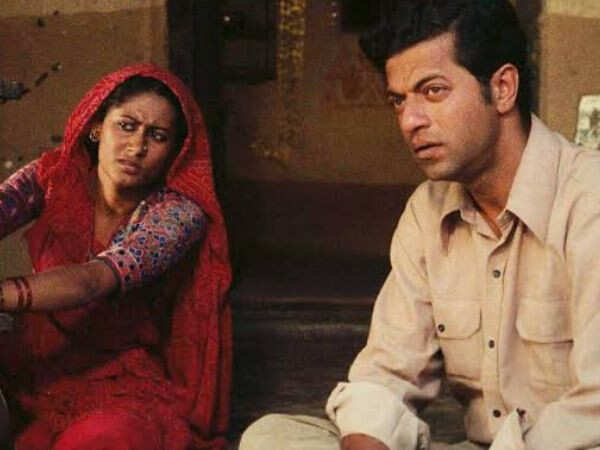
With Manthan, Shyam Benegal crafts a cinematic tribute to the White Revolution, embedding his signature realism into this story of collective energy. Benegal’s imaginative and prescient is obvious in each body as he chronicles the institution of a cooperative dairy motion, balancing the bigger social message with private struggles. Girish Karnad’s portrayal of the decided veterinary surgeon is guided expertly by Benegal, guaranteeing authenticity and emotional resonance. The movie’s collaborative financing by farmers mirrors its themes, and Benegal’s course transforms a historic motion right into a deeply private and galvanizing narrative.
Bhumika (1977)
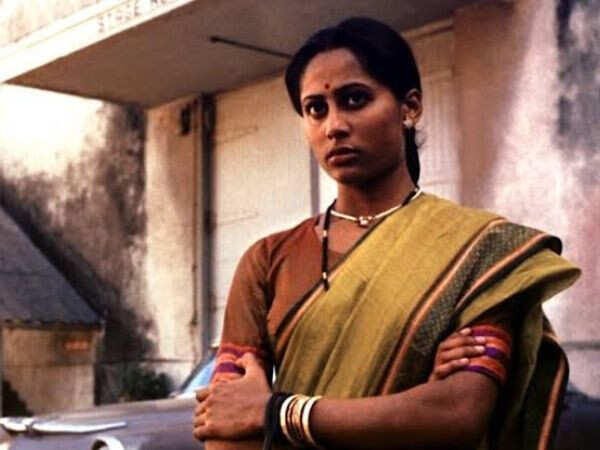
Shyam Benegal brings depth and sensitivity to Bhumika, making a layered exploration of identification, ambition, and societal expectations. Based mostly on Hansa Wadkar’s memoirs, Benegal’s course provides the movie a wealthy emotional texture, capturing the complexities of a girl torn between private needs and societal roles. Smita Patil delivers a transformative efficiency below Benegal’s exact steering, transitioning seamlessly from a vivacious teenager to a disillusioned middle-aged girl. Benegal’s capability to steadiness the non-public with the common makes Bhumika an everlasting traditional.
Kondura (1978)
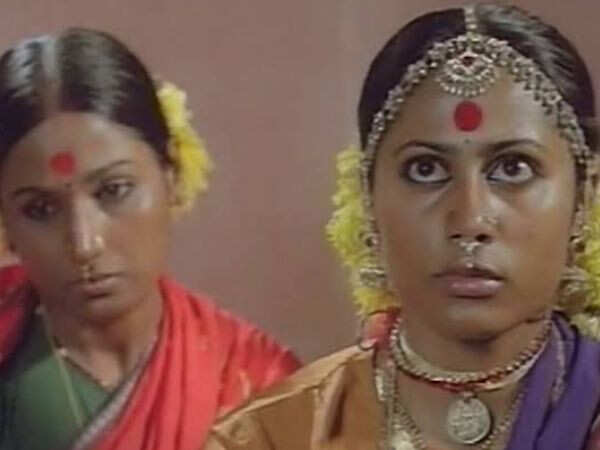
Kondura, also called Anugraham in Telugu, is a bilingual movie by Shyam Benegal. The movie is an adaptation of a novel by acclaimed Marathi author Chintamani T. Khanolkar. The movie blends profound philosophical inquiries with poignant storytelling. The story unfolds in a coastal village, the place Parshuram, a younger Brahmin, encounters a legendary sage named Kondura. Blessed with a boon and a mystical herb on the situation of celibacy, Parshuram returns residence to grow to be a religious information, claiming to channel divine will via his spouse, Ansooya. Nevertheless, his misguided interpretation of divine messages results in a tragic chain of occasions, together with the miscarriage of the owner’s daughter-in-law and Ansooya’s eventual suicide. Via Parshuram’s journey, Benegal intricately examines themes of religion, the misinterpretation of divine will, and the devastating penalties of blind perception.
Junoon (1979)
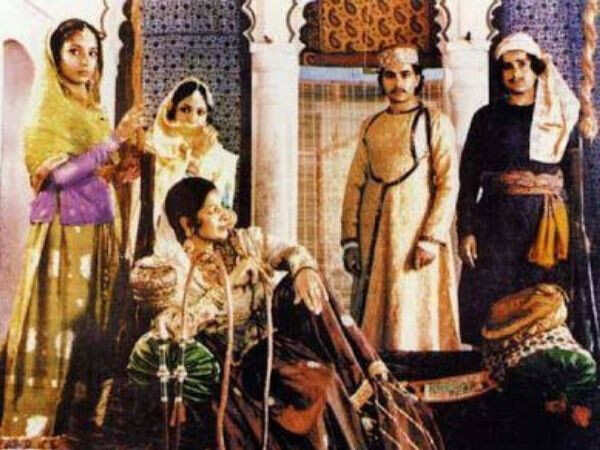
Junoon showcases Shyam Benegal’s capability to weave historic and emotional narratives with equal finesse. Set towards the tumultuous backdrop of the 1857 Indian insurrection, Benegal’s course underscores the battle between private needs and bigger historic forces. Shashi Kapoor’s nuanced portrayal of a conflicted Pathan lord is enriched by Benegal’s detailed consideration to the interval’s socio-political realities. With its haunting exploration of affection, betrayal, and colonial dynamics, Benegal transforms Ruskin Bond’s A Flight of Pigeons right into a masterpiece of layered storytelling.
Kalyug (1981)

Shyam Benegal reimagines the Mahabharata with a up to date lens in Kalyug, crafting a compelling narrative of energy, loyalty, and ethical dilemmas. His course ensures the intricate relationships and themes are dealt with with subtlety, making the characters relatable and their struggles tangible. By modernizing mythological archetypes, Benegal supplies a pointy commentary on industrial feuds and familial conflicts. The restrained performances, significantly in moments of unstated longing and moral battle, exemplify Benegal’s brilliance in guiding his ensemble forged.
Arohan (1982)
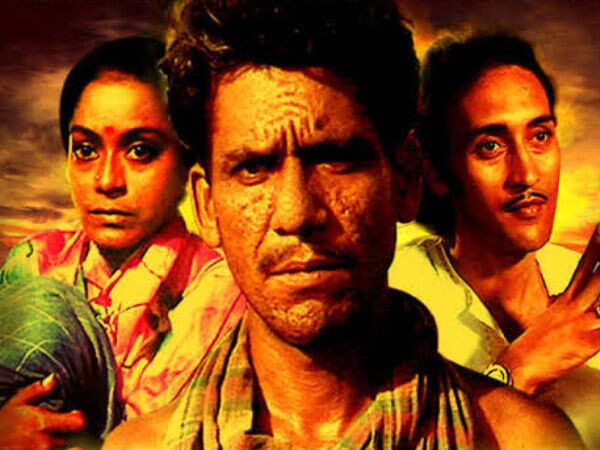
In Arohan, Shyam Benegal exposes the exploitative zamindari system with unflinching honesty. Via Om Puri’s devastating portrayal of a laborer crushed by systemic oppression, Benegal lays naked the human value of social injustices. His nuanced course transforms a easy story of survival into a robust critique of entrenched inequalities. Benegal’s capability to humanize broad social themes, coupled along with his stark visible type, makes Arohan an emotionally resonant and politically charged work.
Mandi (1983)
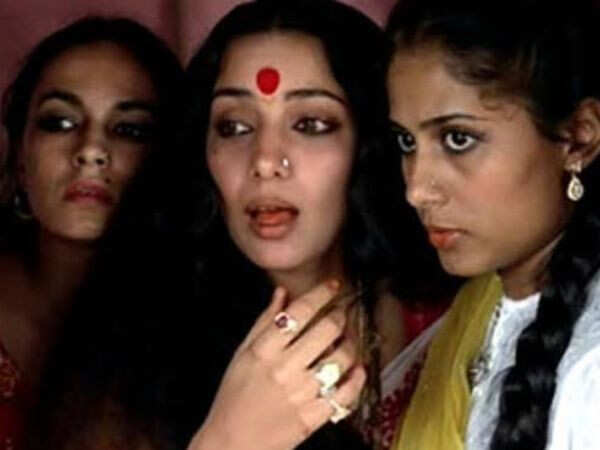
With Mandi, Shyam Benegal crafts a darkish comedy teeming with vibrant characters and complicated relationships. His course skillfully captures the microcosm of a brothel as a mirrored image of societal hypocrisy. The dynamic between Shabana Azmi’s matriarchal madam and Smita Patil’s rebellious protégé is dropped at life below Benegal’s skilled steering, showcasing the emotional depth beneath the satirical floor. By mixing humor, pathos, and sharp social critique, Benegal transforms Mandi right into a richly textured exploration of energy, loyalty, and company.
Trikaal (1985)
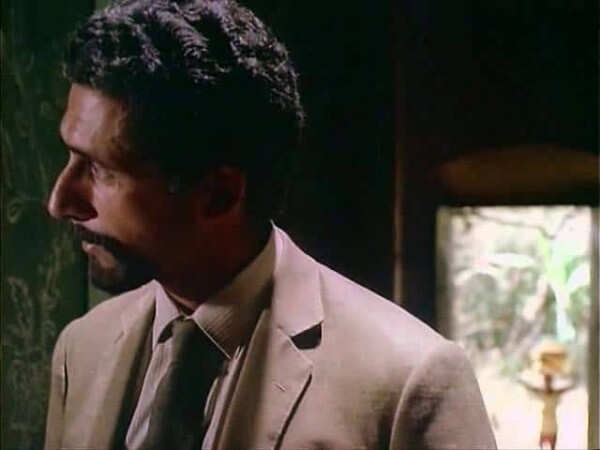
In Trikaal, Shyam Benegal explores the ghosts of Goa’s colonial previous with masterful finesse. Combining supernatural parts with political drama, Benegal creates a hauntingly evocative portrayal of a household caught in a second of transition. The movie’s ethereal high quality, enhanced by Ashok Mehta’s beautiful cinematography, displays Benegal’s capability to seamlessly merge historical past, tradition, and private narratives. Trikaal is a testomony to Benegal’s expertise for crafting visually and emotionally compelling cinema.
Suraj Ka Satvan Ghoda (1992)
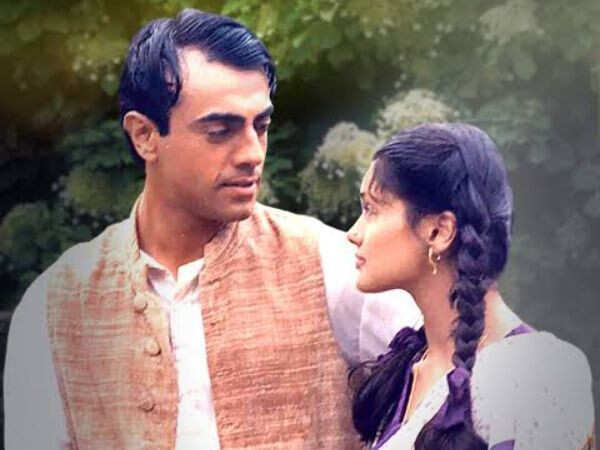
Shyam Benegal’s Suraj Ka Satvan Ghoda is a thought-provoking meditation on class, reminiscence, and perspective. His layered storytelling transforms a easy narrative into an intricate tapestry of interwoven lives, utilizing Manek Mulla’s tales as a metaphor for societal constructions. Benegal’s course balances the movie’s philosophical undertones with its emotional core, guaranteeing every character’s story resonates deeply. The movie’s title, symbolizing societal progress decided by its weakest hyperlink, displays Benegal’s mental rigor and inventive depth.
Sardari Begum (1996)
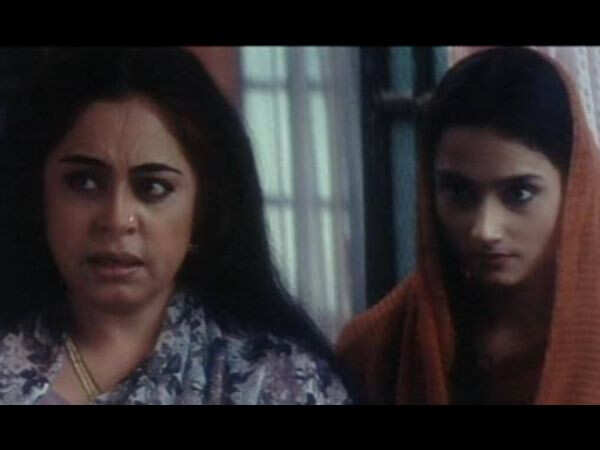
Sardari Begum is a testomony to Shyam Benegal’s ability in unraveling complicated, layered characters. Via Sardari’s story, Benegal explores themes of artwork, patriarchy, and societal expectations, presenting a nuanced portrait of a girl who lived life on her personal phrases. The movie’s fragmented narrative construction, with a number of views on Sardari’s life, displays Benegal’s ingenious storytelling. With Kirron Kher delivering a mesmerizing efficiency, Benegal’s course ensures each emotional nuance is captured, making Sardari Begum a deeply transferring exploration of identification and resilience.
Zubeidaa (2001)
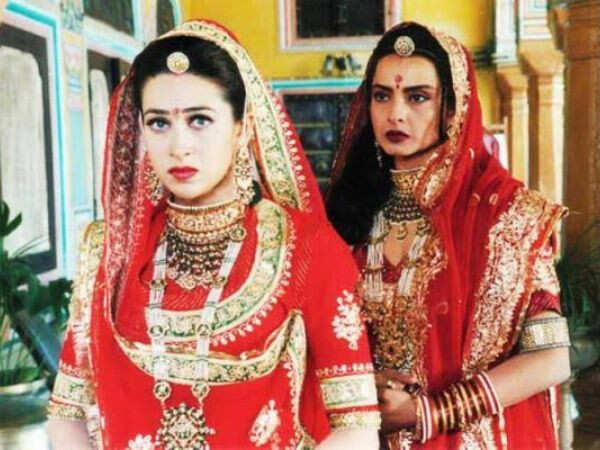
In Zubeidaa, Shyam Benegal delivers a poignant story of affection, ambition, and the constraints of custom. His nuanced course captures the contradictions of Zubeidaa’s life, permitting Karisma Kapoor to ship a career-defining efficiency. Benegal’s capability to delve into complicated relationships, from Zubeidaa’s turbulent marriage to her craving for freedom, lends the movie its emotional weight. The richly detailed interval setting and layered characters exemplify Benegal’s mastery in mixing private and historic narratives.
